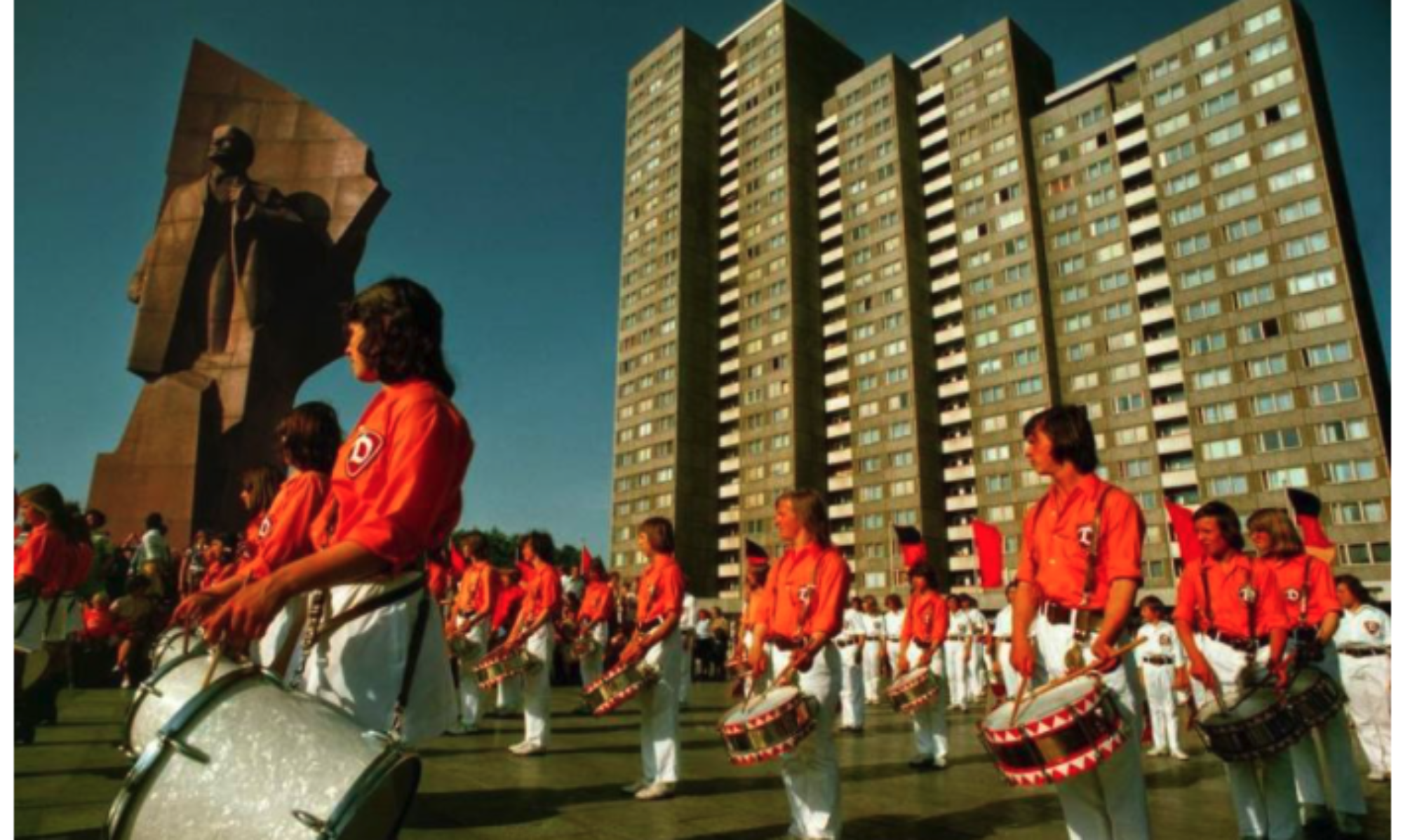With Stalin’s death came a period of quick change and while Khrushchev would deliver the Secret Speech three years later, that change was made by Soviets already engaged in Stalinist reforms. 1955 would see a Soviet delegation of journalists depart for America and that same year, “TASS began to sign agreements for information exchange with all major international wire services and foreign newspapers” (Fainberg 2020, 96). If the culture of the Soviet Union or at least the shestidesiatniki was so dominant in affecting such quick change in reversing Stalinist policy, where were those dissenting voices preceding Stalin’s death? Was it a threat to the perception of a Soviet superiority to have internal dissent or was the oppressive surveillance state simply overpowering?
I ask these questions out of the recognition that the shestidesiatniki come to power after Stalin’s death as political factions often do following a termination of governance, but wonder why their collective power was so stifled just years prior. I have often viewed the Stalin-Kruschev transition as so sudden and the contextualization of the Secret Speech along with journalism reforms makes me wonder about the nuances in party thought that were inevitably present preceding Stalin’s death and in the direct aftermath of it.
